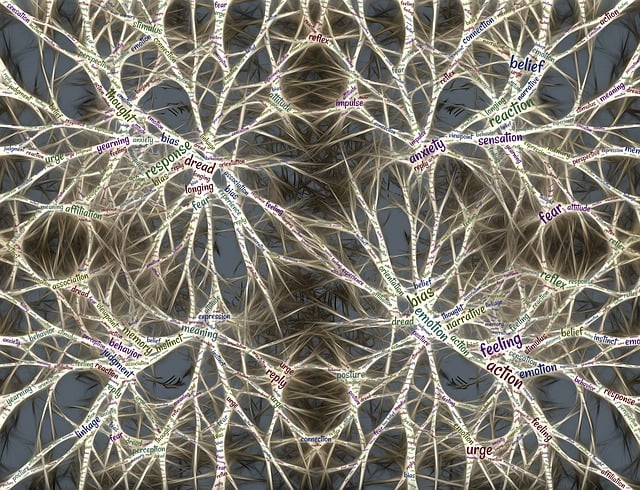
Stress – we’ve all been there, and our brains are right in the thick of it, orchestrating the chaos. Understanding the neuroscience of stress can shed light on why we react the way we do when faced with life’s pressures.
The Amygdala: The Alarm Bell
Meet the amygdala, your brain’s alarm system. When it perceives a threat, whether it’s a looming deadline or a growling bear (hopefully not both at once), it sends out distress signals. These signals trigger the famous “fight or flight” response, flooding your body with stress hormones like adrenaline and cortisol.
The Prefrontal Cortex: The Control Center
While the amygdala goes into overdrive, your prefrontal cortex is the cool-headed control center. It’s responsible for decision-making, planning, and impulse control. During stress, it tries to keep the amygdala in check, but it’s not always successful. That’s why stress can make you feel impulsive and cloud your judgment.
The Hippocampus: The Memory Keeper
Stress can also mess with your memory, thanks to the hippocampus. This little seahorse-shaped region is responsible for forming new memories and storing old ones. Chronic stress can shrink the hippocampus and impair memory function, which is why you might forget where you left your keys when under pressure.
Chronic Stress: A Game Changer
When stress becomes chronic, it can rewire your brain. It strengthens the amygdala’s responses and weakens the prefrontal cortex’s control. This can lead to anxiety, depression, and a host of other mental health issues.
Managing Stress: The Power of Mindfulness
Understanding the neuroscience of stress doesn’t just serve as a science lesson; it empowers us to manage stress better. Practices like mindfulness meditation can rewire the brain in a positive way, reducing the amygdala’s hyperactivity and strengthening the prefrontal cortex’s control.
In Conclusion
The neuroscience of stress is a reminder that our brains are wired to respond to threats, but we have the power to influence how we react. By practicing mindfulness and stress management techniques, we can take charge of our brain’s stress response and lead a more balanced life.




